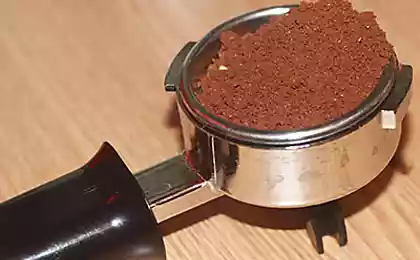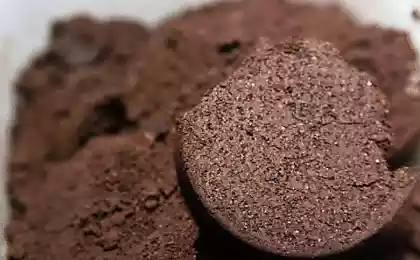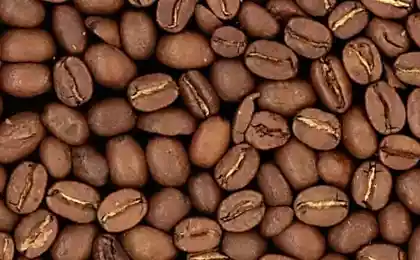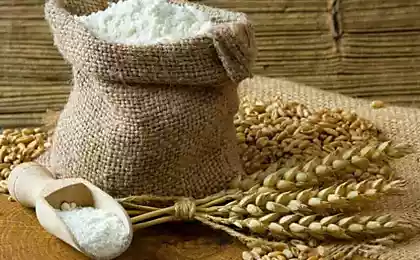425
New gluten-free flour from coffee wastes from Dan Bellino.
Engineer who has previously built factories for General Motors and Starbucks, Dan Bellino (Dan Belliveau), founded the "Coffee Flour" (coffee flour), a unique new company that produces flour from by-products of coffee production.
The use of residue pulp of coffee vishen, can not only impact positively on the environment, but also economically affect the supply of coffee, according to the opinion of the company. In addition, the resulting flour is gluten free, very nutritious and delicious in taste.
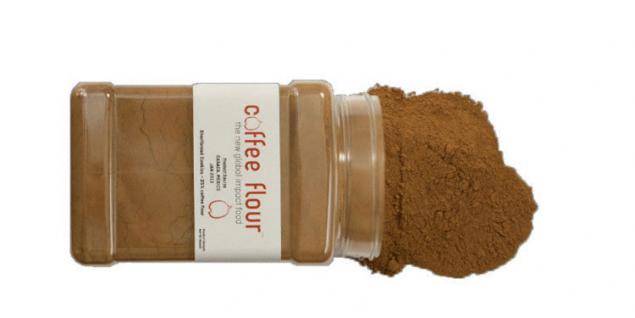
While working with Starbucks Bellino learned that after the process of creating coffee, there was an abandoned farm with a "six acres of pulp", right after as soon as the beans were processed. According to the report on coffee (USDA Coffee Report), more than 11 billion pounds of coffee were produced worldwide in 2013, but every pound made coffee, have a pound of dried pulp.
Not only that, it creates waste, but they plus everything else and have a huge impact on the water in the areas around the grinders. According to Bellino discovered this, he wondered: "What if we dry it and Perekalin it all and do it with food?"
Working with a colleague at NohBell, Belive eventually developed coffee flour, which not only contain gluten, but are made from the waste of coffee production and can be mixed with other flours for baking a number of foods.
If coffee flour became popular, it would not only solved the main problem with environmental protection, but also added would be the income of the coffee farmers and provide much-needed nutrition in poorer countries.
Speaking of flour, Bellino said, I was hoping that the food value of coffee flour will cause a lot of publicity because ounce of coffee flour contains more fiber than whole grain wheat, more iron than spinach, more potassium than bananas and more protein than Kale. “We see a huge Asian market for these purposes,” says Bellino. “They consume large amounts of protein”.
Source: eco-portal.kz
The use of residue pulp of coffee vishen, can not only impact positively on the environment, but also economically affect the supply of coffee, according to the opinion of the company. In addition, the resulting flour is gluten free, very nutritious and delicious in taste.

While working with Starbucks Bellino learned that after the process of creating coffee, there was an abandoned farm with a "six acres of pulp", right after as soon as the beans were processed. According to the report on coffee (USDA Coffee Report), more than 11 billion pounds of coffee were produced worldwide in 2013, but every pound made coffee, have a pound of dried pulp.
Not only that, it creates waste, but they plus everything else and have a huge impact on the water in the areas around the grinders. According to Bellino discovered this, he wondered: "What if we dry it and Perekalin it all and do it with food?"
Working with a colleague at NohBell, Belive eventually developed coffee flour, which not only contain gluten, but are made from the waste of coffee production and can be mixed with other flours for baking a number of foods.
If coffee flour became popular, it would not only solved the main problem with environmental protection, but also added would be the income of the coffee farmers and provide much-needed nutrition in poorer countries.
Speaking of flour, Bellino said, I was hoping that the food value of coffee flour will cause a lot of publicity because ounce of coffee flour contains more fiber than whole grain wheat, more iron than spinach, more potassium than bananas and more protein than Kale. “We see a huge Asian market for these purposes,” says Bellino. “They consume large amounts of protein”.
Source: eco-portal.kz







